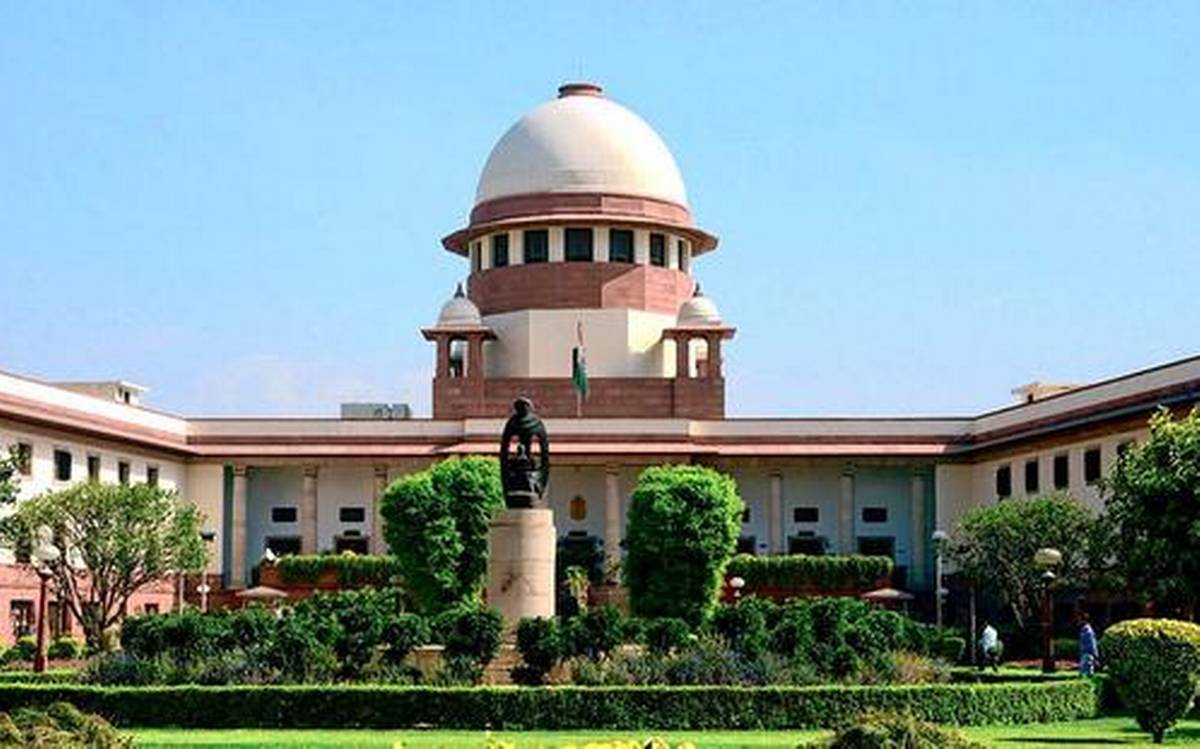Synopsis: SEBI sought directions from the Court, to instruct Sahara to deposit a total of Rs. 62,602.90 crores obtained by it immediately.
The Securities Exchange Board of India (SEBI) moved the Supreme Court against the chief of Sahara India, Subrata Roy and two Sahara companies seeking immediate payment of Rs. 62,602 crore-money owed by the market regulator alleged by Sahara according to the 2012 and 2015 decisions of the high court.
The plea requested the court to order to bring Roy and other directors into custody in the event of failure to make such payments.
The principal liability, according to SEBI’s application, was Rs. 25,781.32 crore, of which SEBI was only able to recover Rs 15,455.70 crore from the sale of Sahara properties.
The application states that Sahara is still required to pay the balance sum of Rs. 10,325.62 crore. It is claimed that as of 30 September 2020, Sahara’s total net liability was Rs. 62602.9 crore, taking into account interest at 15% as of 31 August 2012, as directed by the Supreme Court.
The petition mentions that by failing to comply with the 2012 order of the Apex court ordering Sahara to refund the amounts raised through Red-Herring Prospectus in a nationalised bank within a span of three months, Sahara India companies have committed contempt of court.
In the plea, SEBI also demanded an expedient hearing of its application seeking the appointment of the Receiver to take over all assets of the Sahara India Group, both within and outside India, in order to sell the same property and to recover the amounts to be refunded.

In March 2014, the Supreme Court sent Roy and two other directors to jail for failing to comply with the orders for repayment from the court. In May 2016, they were released on parole after Roy’s mother passed away. Since then, his parole has been extended several times.
In its plea, SEBI alleged that in view of explicit directions from the Apex court, Sahara knowingly disobeyed the directions and committed disrespect of the court, causing the market regulator great inconvenience.
The plea also highlighted how SEBI set up a Special Enforcement Cell (SEC) to handle the work related to the document verification process and to make repayments to qualified investors who have several applications for repayment under different phases of repayment, inquiring about the refund money.
SEBI was only able to sell properties in 5 out of 70 locations due to the overvalued and incomplete land title deeds submitted by Sahara to SEBI, even after conducting multiple auction rounds.
The Securities Appellate Tribunal (SAT) was moved by Sahara, claiming that SEBI was not accepting the documents they issued. The same was however, dismissed as premature and not maintainable by SAT. This order was challenged before the Supreme Court, which dismissed all theories of repayment suggested by the Sahara in December 2012 and ordered payment of all sums along with interest.
In 2015, the Court declined to budge when Sahara again approached the Supreme Court with a plea to exempt them from depositing the money allegedly already redeemed by them.
They, however, gave Roy and Sahara a new timeline for depositing the amount and ensuring compliance.
In the plea, SEBI argued that despite the long rope provided to Sahara by the court, their liability only increases if the directors are released from the custody granted by the Supreme Court as of 2016.

